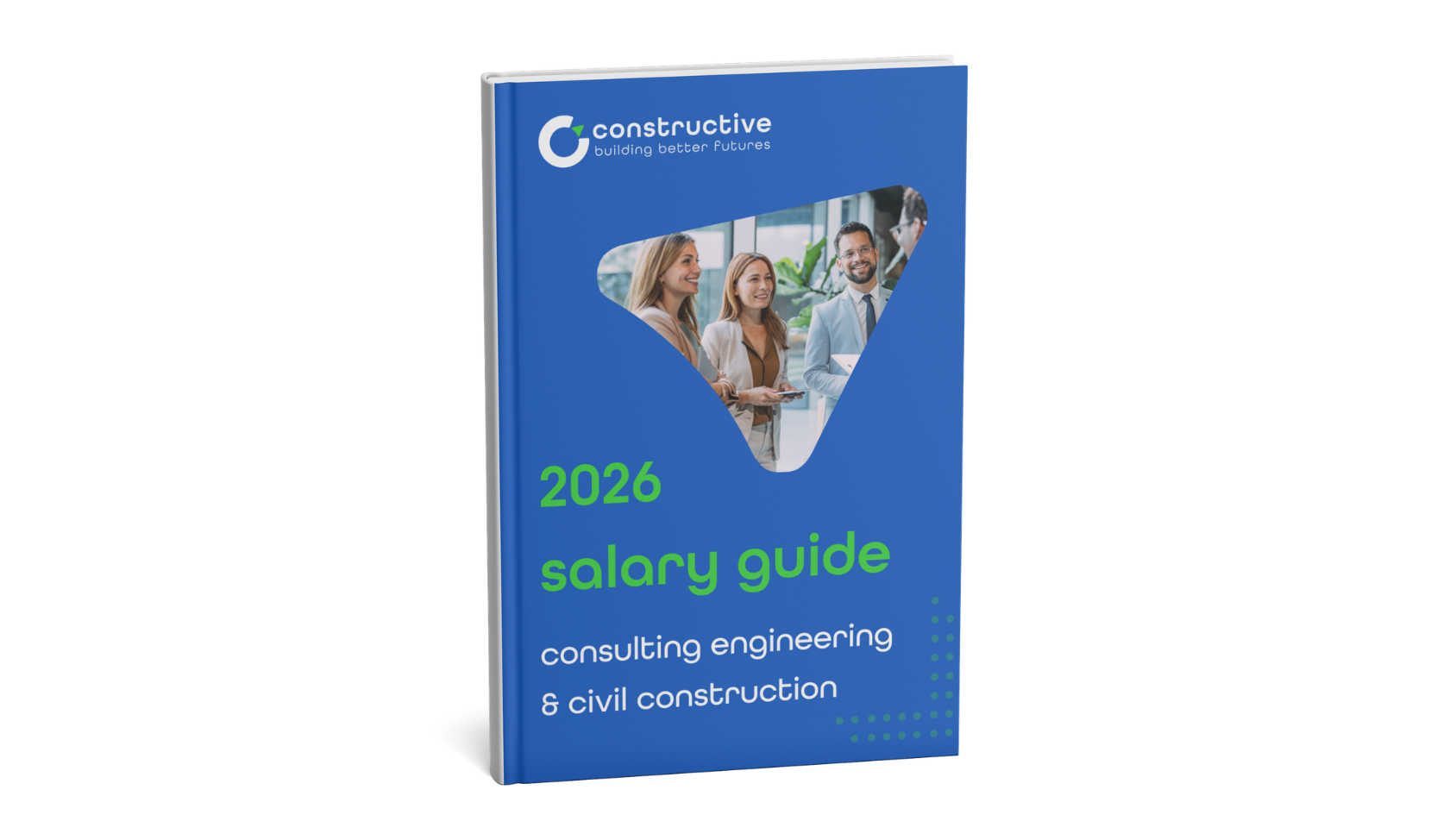blog
AI as Your New Career Coach
Constructive • May 26, 2025

Part 1: using AI to write resumes
ChatGPT:
Give me a recipe for the best Banana Bread
ChatGPT:
Plan a 3-day Itinerary for Sydney
ChatGPT:
What are 5 gift ideas for my mum?
You've probably used AI tools like ChatGPT or Google’s Gemini to help plan a holiday, write a shopping list, or brainstorm gift ideas. But what if you could use those same tools to land your next job?
Recently, I used AI to help plan a trip, and it got me thinking: most people are using AI for fun or convenience. But there’s untapped potential for career development - especially if you're navigating a competitive job market.
So, I’ve decided to create a short series to show how AI can act as your digital career coach. Think of it as free, 24/7 support for everything from resumes to interviews.
Let’s be clear -
AI won’t know your experience as well as you do. It won’t remember that you led a team through a difficult project or that you were the go-to person for solving problems.
But it can help you communicate those things more clearly and professionally.
AI Tools to Try
Before we get into the tips, if you’re new to using AI, here are a few tools worth exploring:
● ChatGPT
● Gemini
● Claude.ai
● Rezi
● Kickresume
The Right Way to Leverage AI for Your Resume
Many jobseekers
make the mistake of asking AI to “write my resume” from scratch. This approach rarely produces impressive results because AI tools lack the personal context and nuanced understanding of your unique career journey. Instead, use AI as a collaborative tool to refine and enhance what you already know about yourself.
Here are some better prompts to try:
● “Here’s a job description. Based on this, how can I improve my resume?”
● “Can you rewrite these bullet points to sound more results-focused and professional?”
● “Suggest action verbs for describing project management experience.”
The ATS Barrier
One of the biggest challenges in resume writing today is getting past Applicant Tracking Systems (ATS). These are software programs many employers
use to scan resumes and filter candidates based on keywords before a human even looks at your application. If your resume doesn’t include the right terms, it might never reach the hiring manager - even if you’re perfectly qualified.
That’s where AI can really help:
● Keyword Identification:
Paste in the job description and ask: “What keywords should I include in my resume to match this role?” This helps you identify the specific terminology that the ATS will be scanning for.
● Strategic Rephrasing:
Use it to rephrase your bullet points using more relevant, impactful language. Try this: “Rewrite these bullet points using language from this job ad.” This maintains your authentic experience while incorporating critical keywords.
● Role Alignment:
Ask for suggestions to make your experience sound more aligned with what the employer is looking for. Try this: “Does this sound aligned with the role of a [Job Title]?” This helps ensure your experience translates well to the specific position.
Maintaining Your Authentic Professional Voice
While AI is excellent at suggesting improvements, remember that your resume should still sound like you. After getting AI suggestions, take time to review and adjust the language to match your personal style and accurately reflect on your accomplishments.
Beyond Keywords: Using AI for Strategic Positioning
Beyond just identifying keywords, AI can help you position your experience in the most compelling way for each application:
● Changing Industries?
Prompt: “Translate this experience into language relevant to the engineering industry.”
● Employment Gaps?
Prompt: “How can I explain a 6-month employment gap professionally?”
● Highlighting Transferable Skills
Prompt: “How can I frame these skills for a project management role?”
The Human Touch Remains Essential
Even with sophisticated AI tools, the human element remains irreplaceable. AI can suggest improvements, but you need to verify accuracy, add personal context, and ensure the final document genuinely represents your professional journey.
Remember that hiring managers value authenticity. Use AI to help you present your best professional self, not to create a synthetic version that doesn't align with who you truly are.
By using AI strategically as a resume enhancement tool rather than a replacement for your own input, you'll create a more compelling, keyword-rich document that maintains your unique professional voice while maximising your chances of getting past the ATS and into the interview room.
I hope you have learnt something new in this blog post. In the next blog, we’ll explore how you can use AI to help create a tailored, stand out cover letter. Stay tuned!





